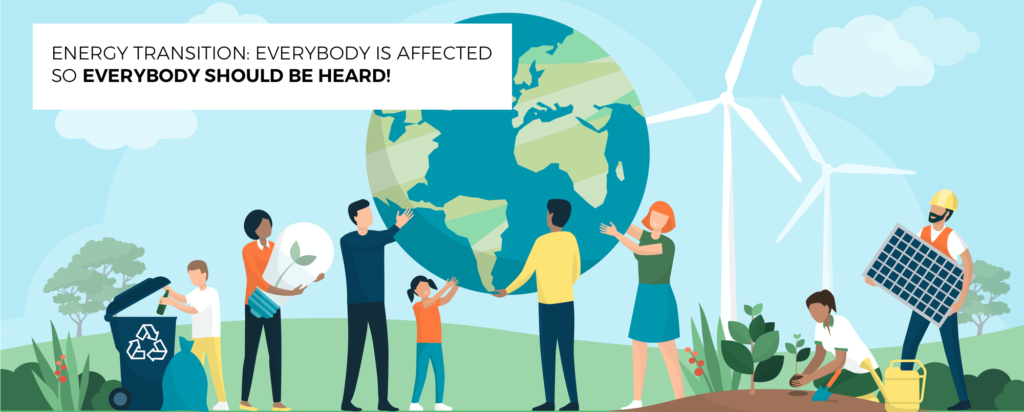The Role of Think Tanks in the Energy Transition, by Dr. Camilla Bausch
Directly after the German government’s Berlin Energy Transition Dialogue, the think tank Agora Energiewende invited influential think tanks from all over the world to discuss “system security in an electricity sector based on renewable energies”. Participating think tanks discussed their role in the energy transition in a panel discussion chaired by Ecologic Institute’s Director Dr. Camilla Bausch.
In her introductory statement, Dr. Camilla Bausch outlined the role of think tanks over time and the common features that unify them despite their differences in character. In the best circumstances, they provide knowledge and solutions, acting as links between scientific insight and policymakers’ needs. They are also hubs for discourse and for finding solutions to pressing problems.
However, there are many different types of think tanks – some are offshoots of or affiliated with academic institutions or with the government, some are academic and independent, others focus on policy advocacy, some are for-profit, some are non-profit, some are independent, others receive government funding: their missions, standards, and methods differ greatly. Bausch characterized these differences as both a potential risk (with respect to quality standards and independence) and a potential opportunity to reach a wider audience, create different types of knowledge, and answer multiple societal needs. Therefore, to protect the reputation of think tanks and the trust placed in them, it is important to be transparent about normative starting points, funding sources and methods – and to ensure high quality standards. This is the basis for long-term success of think tanks in the energy realm.
Another precondition for impact is successful communication. In the past, many think tanks had a gate keeper position when it came to access to political decision makers. In times of globalization, digitalization and social media, however, this role is changing rapidly. Think tanks will have to adapt their strategies to this evolving environment.
Looking at the energy sector and the urgent need for action on climate change, international cooperation and knowledge sharing is key to finding the best solutions and methods in the fastest possible way. Furthermore, in a world confronted with the challenge of climate change and integrated by transnational electricity grids and by the global economy, the needs and trends associated with the transition to sustainable energy cannot be addressed only at national level alone. Electricity grids and markets in Europe, for example, are interconnected, making the challenge of transitioning away from coal a transnational one – the same goes for policy instruments like emissions trading systems in Europe or North America.
In the ensuing debate, the panel discussed experiences of energy think tanks all over the world. Panelists were Sonia Aggarwal, Vice President of the American think tank Energy Innovation, Nicolas Berghmans, Research Fellow at IDDRI in France; Mika Ohbayashi, Director of the Japanese Renewable Energy Institute, Joanna Mackowiak-Pandera, Executive Director of the Polish Forum Energii, and Grové Steyn, Director of the South African think tank Meridian Economics.
Sharing examples of best and worst practices as well as success stories, the panel agreed on the importance of stable expert staff that understands the policy cycle, of high quality standards and solid methods, of trust and networks, and of transparency in terms of funding sources – some think tanks even insist on having each project funded by multiple sources. However, panelists are facing very different challenges with respect to specific topics, political circumstances, national energy mix and respective infrastructures, preferences and vested interests, as well as funding. When discussing with the 50 think tank representatives in the audience, there was a broad consensus on the importance of international cooperation – with all its challenges and opportunities. Different historical experiences and current circumstances determine the perception of certain energy sources in different countries, leading to very different policy approaches and national preferences. These differences have to be taken into account when cooperating.
Click here: link

